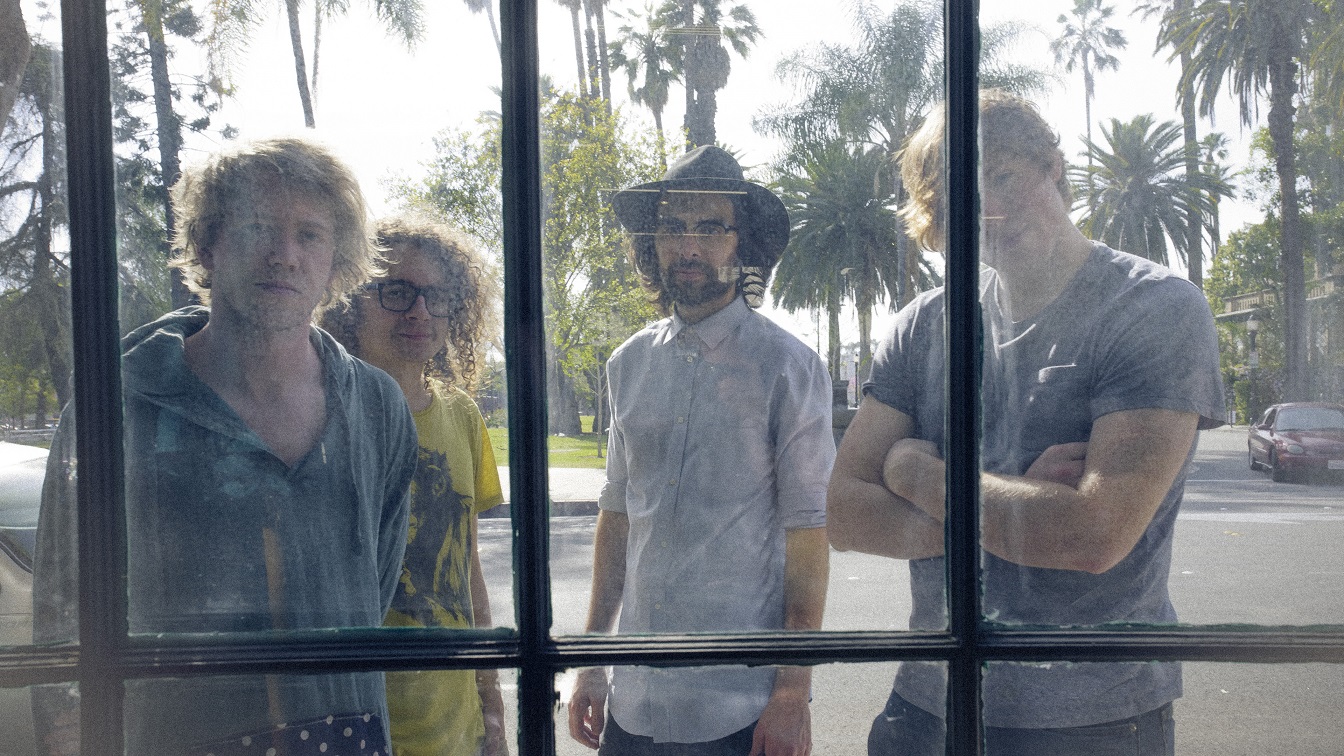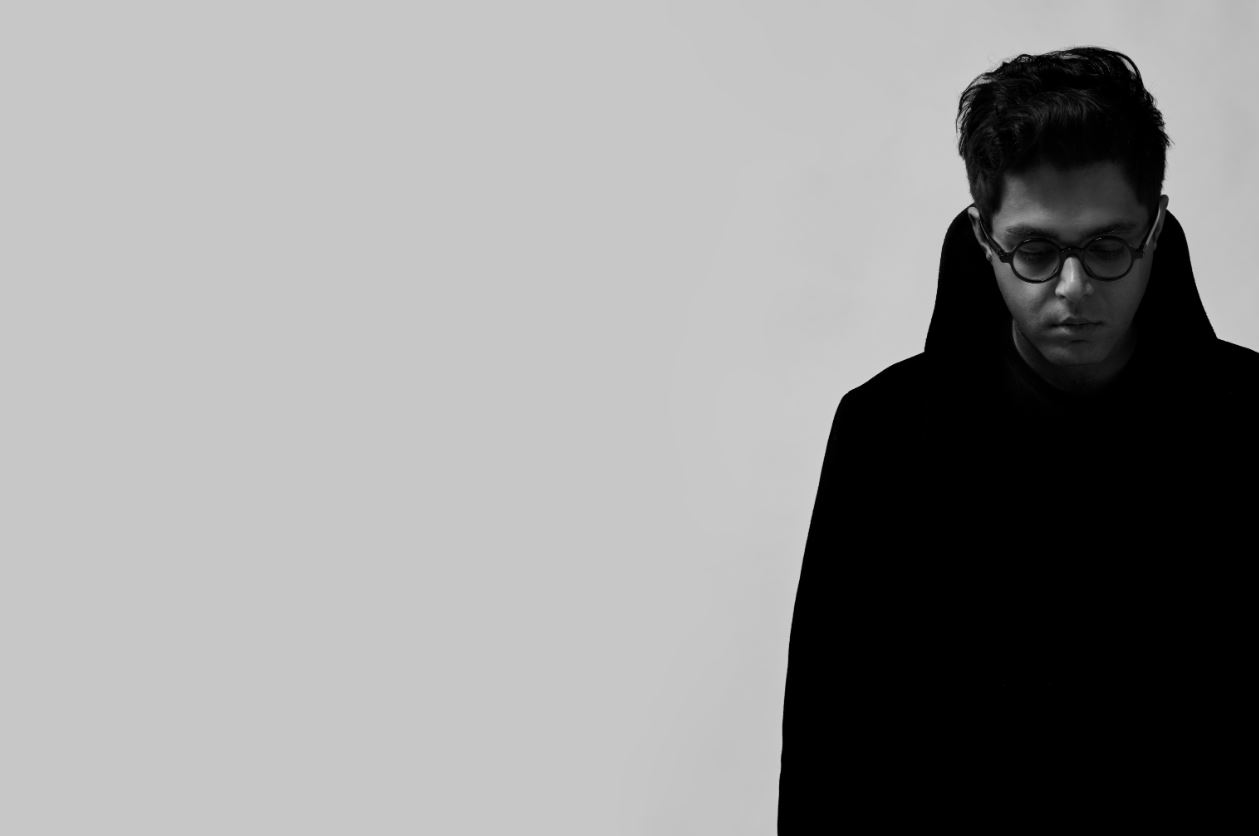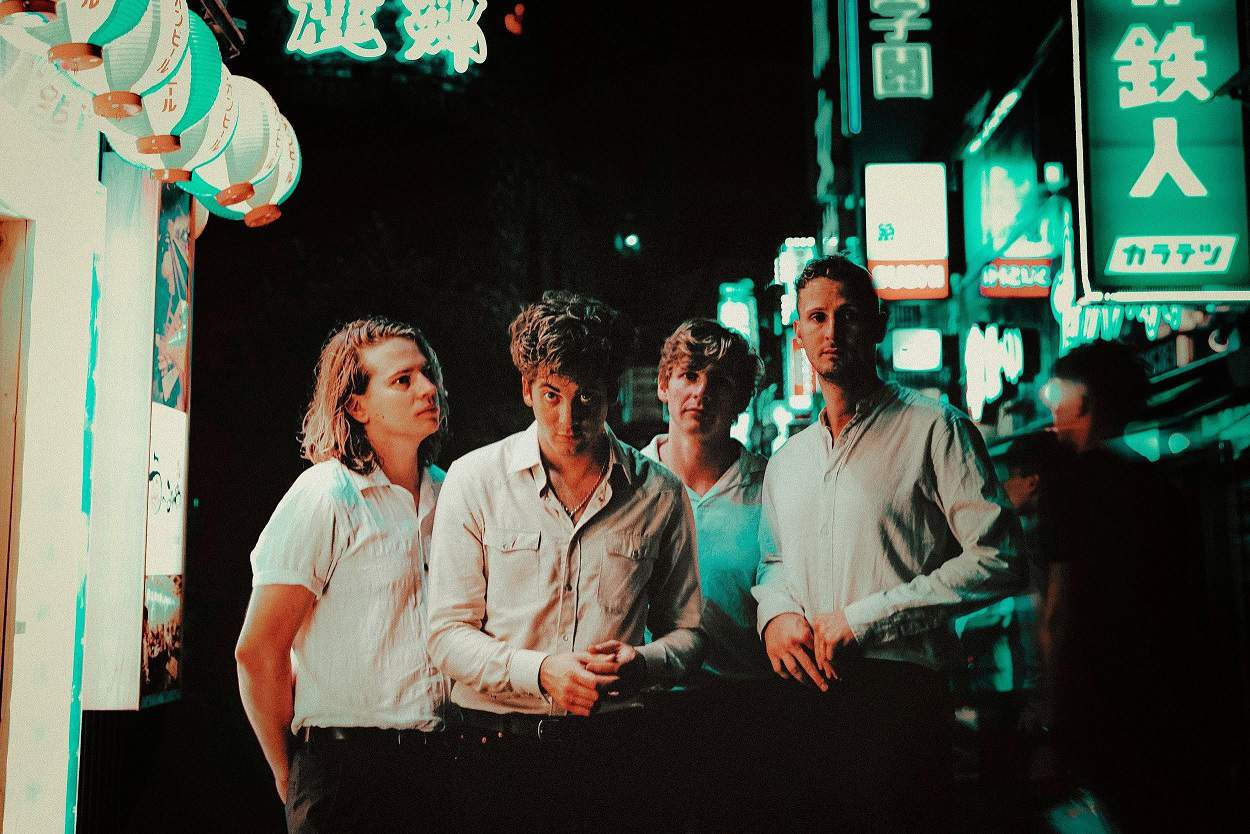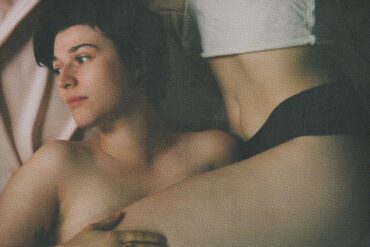British singer/songwriter Jacob Banks finds his artistic identity through multilayered recounts of love by way of freedom in his new EP, The Boy Who Cried Freedom.

— —
The London venue is big, buzzing with excitement, similar to that of the environment it exists in – Camden Town. It’s about halfway full, and anticipating fans are frantically finding their place among the crowd; drinks in hand, awaiting the main act for the night. The house lights dim, on walks a statuesque young singer, his dreams and guitar in tow, parading a voice so penetrable that it would forever keep him on music’s radar. With his broken-in jean jacket and white tee, he is introduced as none other than Jacob Banks. It’s the Fall of 2012 and he’s the opening act at the KOKO in support of fellow U.K. soul singer Daley.
Initially, one would listen to the now 24-year-old Birmingham singer’s music and become instantly enthralled with his lyrical imagery, impassioned soul, and shredding vocal ability. Its fusion of R&B, vintage soul and sometimes anthemic pleas go hand-in-hand with his gruff presence. This has continued to define Banks as an artist years beyond that night in 2012.
In 2013, the Nigerian born, UK-bred singer/songwriter released his debut EP, The Monologue, after an arousing buzz began to swarm around the name and talent he feverishly worked hard to piece together. The Monologue was an eager introduction, showcasing the singer’s ear for pop soul and R&B, straddling influences that come to a head with buzzworthy songs like “Kinds On the Corner” and “Worthy”.
The Boy Who Cried Freedom – Jacob Banks

However, a few years later, a more mature artist and seasoned musician takes the spotlight on the recent EP, The Boy Who Cried Freedom (released 4/24/2017 via Darkroom/Interscope Records). It is an electrifying offering starring the UK Singer’s acclaimed baritone and warmly textured vocals, that find solace within the context of escaping the clutch love blinds us with and withholding our sanity. Freedom and sprinkled social commentary essentially drive the narrative as Banks creates anthemic soundscapes that lend themselves toward triumph, salvation and self-love. Redemption.
Despite a strong production presence, The Boy Who Cried Freedom is delicately written in a poetic fashion, accentuating lucid imagery and storytelling. Though not lyrically dense, The 5-track project manages to eloquently capture the good, bad, and ugly parts of love.
Chain Smoking, a metaphorically vivid take of repeated dedication towards the act of love on all counts and it’s dangerously addictive casualties that revolve around self-worth and preservation. It’s met with crashing electric guitar riffs, rigid vocal delivery and synths a like.
Part Time Love is a tastefully nostalgic 50s soul ballad rooted in heartfelt blues melodies and a one-sided love that manifests its truth in moments when Jack Daniels wears off in the morning. It insinua+tes a love that runs a bit deeper than his lovers and consciously in comparison to what his lover’s own feelings may be – unrequited or unfaithful. However, he blindly keeps going back for more, like most do!
Part time love
You come in every shade of blue
Mm, part time love
I’m always running back to you
Mercy, the EPs standout track, is captivating in sound while matched with Banks’ display of desperation and vocal plea for “mercy”. Boasting gospel like crescendos, deep electric bass riffs and amazing songwriting, Mercy lays it all out on the table leaving the listener enticed by its powerful delivery.
https://www.youtube.com/watch?v=1HWdLbTi_zs
Unholy War, the EP’s lead single and early favorite is an amalgam of sounds alongside Mercy. It’s soul and rock&roll influences provide an anthemic presence where self preservation is KING throughout the lyric. Unholy War drives the narrative of redemption and escapism from an oppressor with an amazingly cinematic touch, making it an unforgettable Jacob Banks experience.
Unholy war
My demons are coming
Boy, you better run
Go take your freedom, oh no
Wade in the water
Be gone by morning
Don’t you let them find you here
Photograph, beautifully caps the moment when things, both good and bad, come to an end. That end result usually ensues thoughts of perceived emptiness, where bad memories outweigh the simplest of beautiful moments in relationships – the quirks that make connections unique.
All in all, The Boy Who Cried Freedom is a leap forward in comparison to Jacob Banks’ previous work. More importantly, his growth sonically portrays a sense of maturity in both his artistry and an effort to release a cohesive body of work, complementing an already soulfully penetrable voice. Visually, he’s also managed to bring to life the unique commentary and sociopolitical undertones of the EP, despite love being at its forefront. The language used lyrically takes precedent for great visual storytelling. It’s clear he’s proudly found his lane through bold soundscapes and impeccable songwriting, and he comes across full of intent and with distinct identity.
— — — —

Connect to Jacob Banks on
Facebook, Twitter, Instagram
Discover new music on Atwood Magazine
photo © Johnny Fonesca








